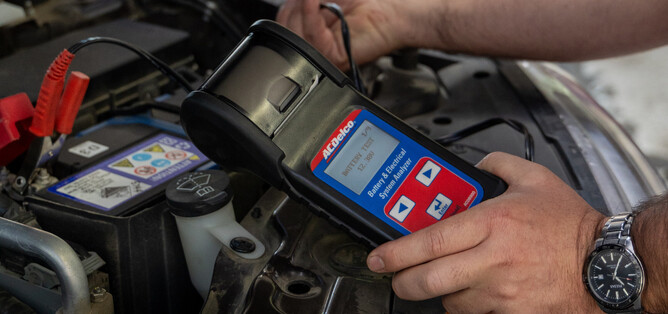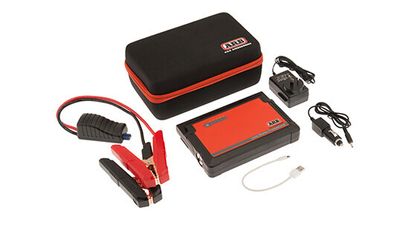Don't get stranded in the cold!
As winter approaches, many of us focus on preparing our homes and wardrobes for the chill. But one crucial element often gets overlooked – our car batteries. While some car batteries might struggle more than others in the cold, winter's grip can still impact their performance.
In this blog post, we'll explore how winter affects car batteries, the warning signs to watch out for, and how to ensure a smooth start all season long.
Why Does Winter Challenge Car Batteries
Car batteries rely on a chemical reaction to generate the power needed to start your engine. Unfortunately, this chemical reaction slows down significantly in colder temperatures. Imagine cold honey compared to warm maple syrup – that's essentially what happens inside your battery.
Here's a breakdown of the double whammy winter throws at your car battery:
Slowed Chemical Reaction: As mentioned earlier, cold temperatures hinder the internal chemical reaction within the battery, reducing its ability to deliver the necessary current to crank your engine.
Increased Demand: Winter also brings thicker engine oil due to the lower temperatures. This thicker oil creates more resistance when the engine tries to turn over, requiring more power from the already struggling battery.
The result? Even a healthy battery might struggle to overcome the increased demand on a frigid morning, leading to a no-start situation.
Warning Signs of a Winter-Weakened Battery
While a dead battery is the ultimate sign of trouble, here are some warning signs to be aware of before you get caught off guard:
Slow Engine Cranking: If your engine cranks slower than usual when starting, especially in the cold mornings, it could be a sign of a weakening battery.
Dim Headlights: A weak battery can struggle to supply enough power for your headlights, causing them to appear dim or flicker.
Electrical Issues: Other electrical components in your car, like the radio or interior lights, might malfunction due to insufficient power from the battery.
Keeping Your Battery Winter-Ready
Here are some proactive steps you can take to ensure your car battery survives the winter:
Get a Battery Check: Schedule a free battery health check at your local mechanics. This quick test can assess your battery's remaining life and identify any potential issues before they leave you stranded.
Consider a Battery Replacement: If your battery is nearing the end of its lifespan (generally around 3-5 years), proactively replacing it before winter arrives can save you the hassle of dealing with a dead battery in the cold. This is especially important if you've noticed any of the warning signs mentioned earlier.
Practice Good Habits: Simple things like avoiding short trips that don't allow the battery to fully recharge and keeping your car parked in a garage if possible can help extend the life of your battery.
By understanding the impact of winter on your car battery and taking preventative measures, you can ensure a smooth (and warm) start to your winter mornings.
Bonus Tip: Always keep a pair of jumper cables or jump start pack in your car. Even with a healthy battery, you might encounter someone else in need of a jump start.


